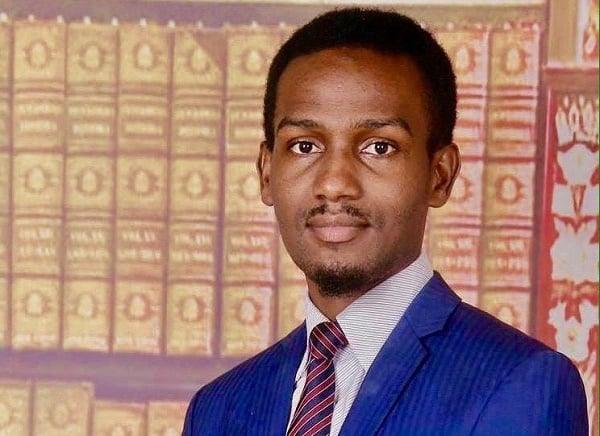After six long years of unanswered questions and nationwide concern, the tragic mystery surrounding missing Kaduna-based social media influencer and lecturer, Abubakar Idris, popularly known as Dadiyata, has come to a heartbreaking end. Independent investigator Damilola Adekunle announced on Wednesday that Dadiyata has been confirmed dead.
In a deeply emotional Facebook post, Adekunle revealed the grim news, stating, “After thorough investigations, I can confirm that Idris Abubakar, popularly known as Dadiyata, is officially dead. He was killed.” The announcement has sent shockwaves across social media and reignited public demand for justice.
Dadiyata was abducted from his home in Barnawa, Kaduna State, on August 2, 2019, in an incident that drew widespread attention due to its suspected political undertones. Known for his vocal criticism of the government and support for opposition figure Rabiu Musa Kwankwaso, his disappearance stirred national outrage and concern from human rights groups.
The case remained largely shrouded in silence for years, with little information offered to his devastated family or the public. In a desperate bid to uncover the truth, Adekunle earlier offered a ₦10 million reward on May 4, 2025, urging anyone with credible information about his fate to step forward. That appeal marked a major turning point in the search for answers.
Related Articles:
- “Where is Dadiyata?” – Sowore demands answers from El-Rufai over missing Journalist
- Kaduna SDP denies El-Rufai’s defection, insists due process wasn’t followed
- Kaduna APC not disturbed by El-Rufai’s defection to SDP – Baba -Pate
The pain of Dadiyata’s loss was compounded by the passing of his mother in 2022, who died without ever receiving closure on her son’s whereabouts. Her tireless advocacy, marked by repeated appeals to the authorities and civil society, became a poignant symbol of the personal toll the case had taken.
Amnesty International, along with other human rights organizations, had repeatedly called on the Nigerian government to act with urgency and transparency in the investigation, warning that the silence surrounding Dadiyata’s case was both dangerous and unacceptable in a democratic society.
Now that the worst has been confirmed, emotions are running high. Dadiyata’s death has not only left a void in Nigeria’s activist community but has also raised urgent questions about the safety of outspoken citizens and the unresolved culture of politically motivated abductions.
This confirmation marks a painful closure to a story that gripped the conscience of a nation. As tributes continue to pour in and hashtags demanding justice trend once again, the call for accountability grows louder. For many Nigerians, Dadiyata’s death is not just a personal tragedy but a national failure, one that must not be ignored.
